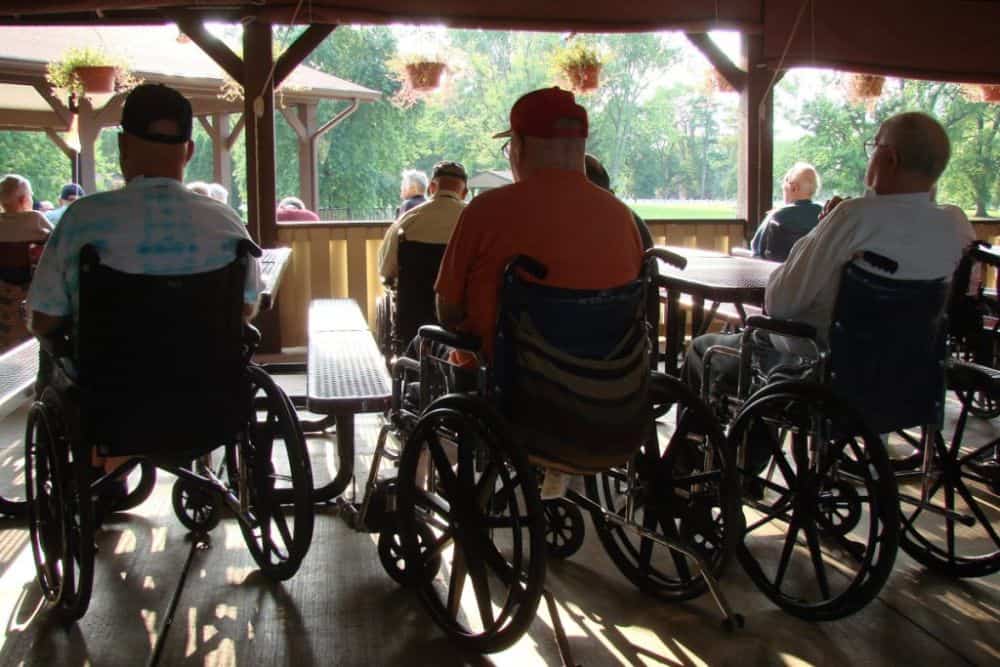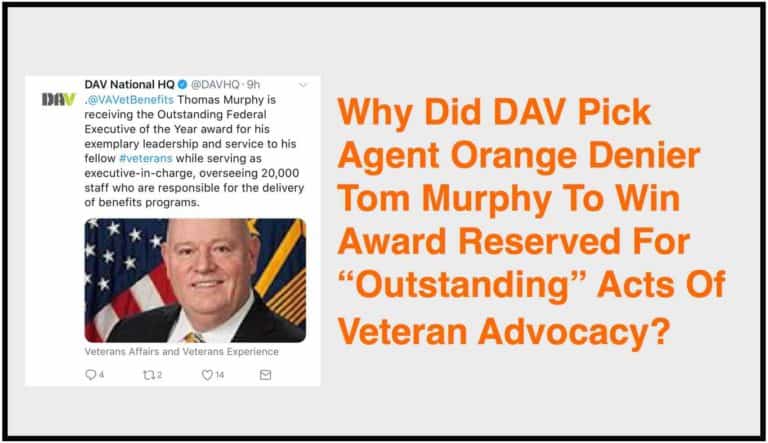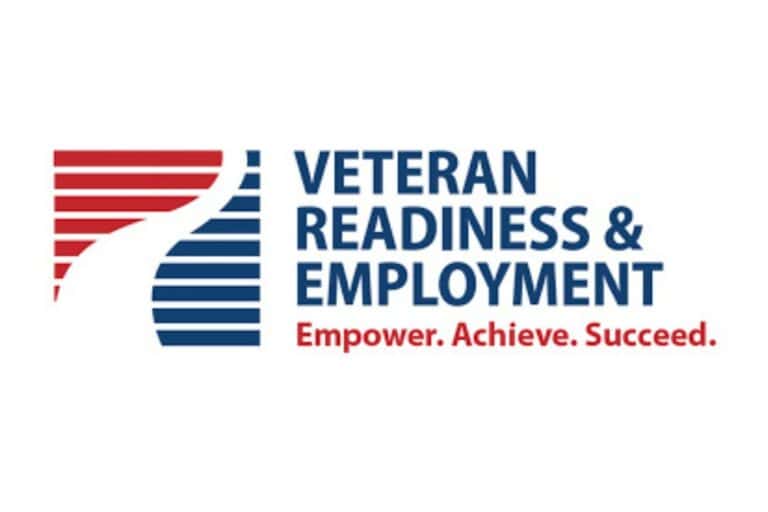Disability is Disability, What’s the Difference?
There is a common stigma in society about the disabled. There are well-protected pieces of statute (Americans with Disabilities Act) and countless court decisions protecting disabilities from bias. The stigma is still there.
Many people do not understand the differences between VA disability and Social Security Administration disability (SSA). Despite the VA and SSA being totally different aspects of government, with wildly different mandates and spheres of influence (sometimes they do overlap).
Many veterans see their disabilities as weaknesses with zero rationales and are often hesitant to admit disabilities that aren’t obvious. It’s your business if you disclose your medical status, but the stigma exists.
Before I supported my nephew joining the military, I took him past the local VA to show him the parking lot. A major VA facility, indeed a third, approaching half of the parking lot, is marked handicap parking. It’s a stark reminder of what Americans are willing to sacrifice for our country.
I digress, but the fact that the two are confused is a problem.
To be eligible for VA care, you must be a veteran, have served in a military branch, and have been eligible for discharge, but any American is eligible for SSA.
You may actually be eligible for both, but they have very different standards.
Veterans are eligible for a number of compensation avenues, through the VA for disabilities through the DoD and retirement. Still, non-veterans can generally only qualify for SSA benefits (Unless their parent or spouse is a veteran).
The VA determines the compensation based on the percentage of disability they award a veteran for conditions caused by or aggravated by their service. SSA determines benefits based on the earning potential lost due to a disability. SSA benefits also limit the ability of the person to work after the award. In 2017, nobody could qualify for SSA disability and earn $1170 a month or more.
The SSA has a separate disability program called Supplemental Security Income (SSI), which has a very low monthly income limit, and most won’t qualify for VA benefits and SSI concurrently.
Leaving SSA behind, some veterans qualify for retirement pay and disability compensation from the VA concurrently. A law change in 2004 allowed both to apply, whereas prior, they had to choose one or the other.
Concurrent Retirement Disability Pay (CRDP) applies to retired veterans with greater than 50% combined disability rating.
Combat-Related Special Compensation (CRSC) applies to veterans with a minimum 10% combat-related disability rating.
Veterans can qualify for both.
Military retirement pay, and VA disability compensation are entirely separate. Military retirement pay is taxable like most other pensions, while VA disability compensation is tax-free. The latter is because it’s not a retirement package; it’s the compensation a veteran is entitled to for sacrificing their health and abilities to our government.
Suppose you qualify for military retirement and VA disability compensation simultaneously, and you have a 50% or higher. In that case, you should qualify for CRDP and should see no reduction in your military retirement.
If your rating is 40% and below from the VA, you won’t qualify for CRDP. You may see a reduction from your retirement unless your disability was combat-related, where you qualify for CRSC. Like those with CRDP, you shouldn’t have a reduction to your military retirement pay.
I find it unfortunate that disabilities in general are stigmatized, but appalling when that stigma applies to a disabled veteran. As a disabled veteran, your compensation was fully earned by trading your health and youth for the freedom of everyone in America. Veterans should be fully compensated for the parts of their lives they sacrifice, and your monthly compensation is hardly enough.
While you shouldn’t have to explain the difference to anyone, I urge veterans to educate those unfamiliar with the difference between a VA-rated disability and an SSA disability if the question arises. Removing the stigma around your service-connected disability and disability in general helps all who deal with their disability issues daily.
Check on your buddies and share your story to educate others.






Yes there is stigma and discrimination. The people who stigmatize have it wrong. I am proving it. The bias, discrimination, and the stigmatization are all results of lack of information and lack of education and lack of experience. People are excluded in reality but in truth they are no different than someone who has never experienced. Being put out of the mainstream places people out of the structured work environment. Then that time is spent in hospitals and or whatever is involved in the medical care. Bottom line is a person cannot be under a medical environment as a patient and learning employment skills too. Ben it is not the condition. It is being displaced from the specific skill sets that company want. Two different directions is the issue not the condition itself.
Now if the person is not under constant care or the requirement of being in the care is no longer necessary the person could be doing work outside of a company and doing high level tasks that people who are high level salaried are doing. Ben companies do not realize this. Companies and institutions and government are so focused on status. I will say because a person has a PhD and is employed does not necessarily mean they are qualified and is doing a merit based job. Status is just an identifier and what is used but it boils down to when the person is doing the deal without being harassed or obstructed or stigmatized. If the companies would leave their biases outside the door then they would then see what people who were thrown out of the mainstream could really do after the learning curve is utilized.
Disability, boy what a animal that is! I am 100% Permanent and Total Combat Disabled, I find that the VA and almost the majority the citizens have no idea what that is, if you e.g. have PTSD from combat, even the VA nurses and doctors rarely read your file if you speak louder, or you question issues. or you speak differently from what they talk they do not even consider you may have a disability instead they walk away from you, tag you as a problem etc. Some will say that you should tell people you have a disability ergo PTSD, well that alone creates other issues, then the American Disability Act states that you do not have to tell anyone you have a disability, that no one legally can ask you if you do or what is your disability. If people do not see you in a wheelchair or with no legs, arm etc or you are disfigured you are just a asshole and they treat you that way.
People in general do not allow themselves the consideration of determining if you have a disability or not.
Even assholes get treated better than a disabled veteran.
They’ll provide care for a few years to everyone and then shit out. Rinse the repeat for the rest of American history. They do this to individuals as well. The most care will be seen right when you leave service and then when you get really old. Folks, this is a scam of historical proportions. A massive and elaborate scam where they base the legitimacy and validity of their organization upon veterans who are mostly healthy throughout life and the emergency services rendered once they’ve failed. Republicans who ask questions will get answers such as “well if we had more money we could do X,Y,Z.” Democrats asking questions will get answers such as, “Well, if we weren’t so heavily regulated we could do X,Y,Z.” Total fraud to perpetuate a broken heathcare system just to claim that the USA has a public sector period. Big redistribution grift and preservation of people who would not make a dime in the private sector if they behaved as they did at VA.
There is a such thing as disability in the eyes of VBA..but not VHA. Nobody is disabled in their eyes, otherwise treatment would be forthcoming. I look at it this way, VBA is a redistribution apparatus for veterans.. and VHA is a redistribution apparatus for those who might have a problem with that. Solution to this is of course UBI for everyone and insurance cards for veterans.